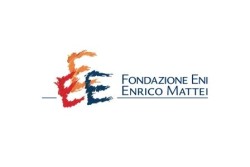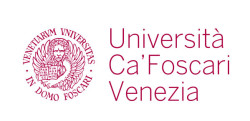Event Summary
Organization: Fondazione Eni Enrico Mattei (FEEM), Euro-Mediterranean Centre on Climate Change (CMCC), Ca' Foscari University of Venice
Session Leads
- Elisa Calliari, FEEM, CMCC & Ca' Foscari University of Venice
- Jaroslav Mysiak, FEEM & CMCC
- Silvia Torresan, CMCC & Ca' Foscari University of Venice
- Eleni Karali, CMCC
- Andrea Critto, Ca' Foscari University of Venice
- Antonio Marcomini, Ca' Foscari University of Venice
Description
Measured in economic damage and losses, natural hazard risks are both high and increasing. The combination of increasing intensity and frequency of natural hazards, continuing conversion, homogenisation and simplification of (semi-)natural ecosystems, and the increasing footprint of built infrastructure may be contributing to the observed rapid increase in the costs and damage from natural hazards. A better understanding of natural hazard risk and ensuing economic losses is important for preventing macroeconomic imbalances, coordinating responses to shocks and crises, post-disaster recovery, and for a better understanding of natural handicaps which hold up economic, social and territorial cohesion. Empirical and evidence-based risk analysis and assessment are a vital part of the disaster risk reduction (DRR) and climate change adaptation (CCA) efforts. This side-event, co-organised by the European research projects Placard(1) and Enhance(2) , aimed at reviewing and comparing quantitative and qualitative methods and tools for risk assessment in DRR and CCA. While encouraging dialogue across different communities of practice, it explored options for addressing gaps and fragmentation challenges in current CCA and DRR research, policymaking and practice.
 |
 |
 |
